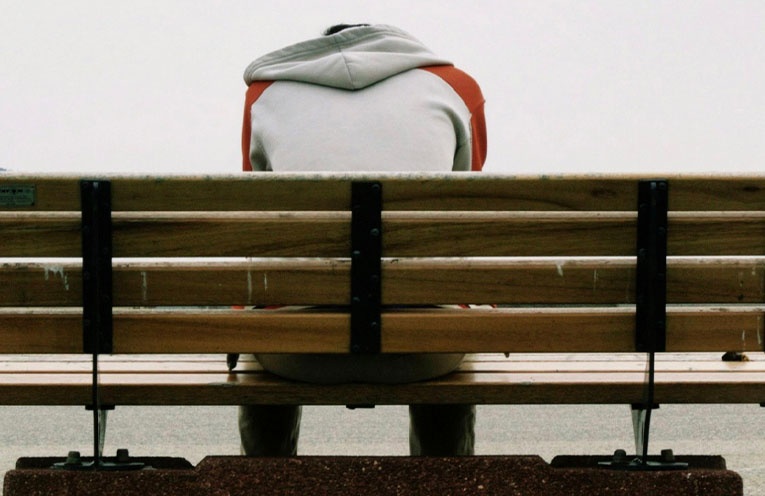LONELINESS is recognised as an important public health issue, although it is something that is not often openly discussed.
This week, 4-10 August, is Loneliness Awareness Week.
“Loneliness Awareness Week shines a spotlight on the shared experience of loneliness and calls on all Australians, including individuals, communities, workplaces, education and government to take action to reduce loneliness and create more opportunities for meaningful social connections,” said a spokesperson for Loneliness Awareness Week Australia.
Many young people, although being digitally connected, report feeling socially disconnected.
This year’s theme is “Moment Matter”, which is based on the concept that, while forming connections takes time, it often starts with a small moment.
While loneliness can impact anyone in society, with most people experiencing some level of loneliness at some stage, research indicates that two groups in our society are particularly vulnerable.
Autistic adults may experience higher levels of loneliness than non-Autistic people, as do people who have been impacted by complex trauma.
“This feeling (loneliness) isn’t just about being by yourself, but it’s about feeling alienated, isolated and disconnected from others,” said Dr Cathy Kezelman, President of the Blue Knot Foundation, which supports those with complex trauma experiences.
“The difficult thing is that complex trauma usually starts in relationships which caused harm, such as with repeated interpersonal trauma (between people).
“Examples include violence, abuse, neglect or exploitation experienced as a child, young person or adult or at different times in a person’s life.
“Previous relationships have not been safe and definitely not felt safe, and this means that trusting others can remain a challenge.”
The Blue Knot Foundation suggests that, with the right support and self-compassion, people who have suffered complex trauma can begin to work through these emotions and make new and supportive connections, by learning to trust again, often ever so slowly.
Research by Aspect (Autism Spectrum Australia) has been exploring the role of gratitude – the practice of noticing and appreciating the positive things in life – and how it might support the wellbeing of Autistic adults.
“Research suggests that gratitude practices can help people feel more connected, improve mood and reduce feelings of loneliness,” said Aspect.
Those feeling lonely and in need of support can contact:
· Beyond Blue on 1300 22 46 36.
· Lifeline on 13 11 14.
· Headspace (for young people 12-25) at headspace.org.au
· Aspect (for those with Autism), on 1800 277 328 or aspect.org.au, or
· Blue Knot (for those who’ve experienced complex trauma) on 1300 657 380.
By John WATTS



